Regulatory Affairs Committee (RAC) Newsletter – Supply Chain & Logistics
IG IT
on
March 5, 2022

March 7, 2022
Supply Chain & Logistics
Federal Legislation and Regulatory Efforts to Improve Port and Rail Movement
TLMI members, their supply chain partners, and customers have likely been impacted directly or indirectly with delays in receiving imports, exporting final products, and overall increases connected to shipping costs. The Congress and the Administration continue to take specific actions to address these issues, in an effort to improve the flow of goods both in and out of the country, reduce costs and improve efficiencies. Below are some of the recent and ongoing activity in this space that we wanted to make you aware of.
Ocean Shipping Reform Act (OSRA)
The Ocean Shipping Reform Act (OSRA) is landmark legislation that would overhaul the U.S. Federal Maritime Commission (FMC), by providing them specific authority to regulate shipping activity in and around U.S. ports.
The House version of the Ocean Shipping Reform Act of 2021 (OSRA), H.R. 4996, introduced last year, seeks to improve fairness, establish boundaries and set metrics for fees often incurred by the global shipping community. It passed in December with overwhelming support.
Following House passage, Sens. Amy Klobuchar (D-MN) and John Thune (R-SD), introduced Senate introduced Senate companion legislation, which currently has 22 co-sponsors.
Key among OSRA’s provisions are:
-Clarification of when certain charges for at-port equipment and equipment return (commonly referred to as Detention and Demurrage) charges may be assessed by ocean carriers and other entities, to shippers.
-Establishment of minimum service requirements for contracts to ensure freight is not unreasonably refused.
-New enforcement tools for FMC regulatory staff to enforce OSRA’s provisions
-Ensuring anti-retaliatory safeguards are in place to protect parties that file complaints to the FMC or other regulatory bodies.
While the Senate version differs slightly from the House bill, there continues to be bipartisan support for OSRA. The legislation follows an earlier endorsement of the OSRA and its core concepts by the Biden Administration. Members of the Senate Commerce Committee, which held an Executive Session on the legislation earlier this week, is seeking to advance the bill to the Senate floor later this year. TLMI will continue to follow these collective efforts.
Surface Transportation Board (STB) to Hold March Hearing on Reciprocal Switching Proposal
Later this month, the Surface Transportation Board (STB) will host a two-day hearing on “reciprocal switching”, a longstanding proposal that would enable shippers to more easily secure opportunities for rates and options to move raw materials, goods and other products among the Class 1 rail lines.
Similar to the major ocean carrier/liner companies importing and exporting goods out of U.S. ports, shippers and customers of the U.S. rail industry are predominantly served by a handful of large Class 1 lines, often with only one provider to choose from.
Proponents of the reciprocal switching proposal believe that opening up rail options would improve efficiencies, reduce delays and lower overall shipping costs. Many TLMI member companies and their suppliers routinely utilize domestic rail service, (depending upon their locations and supply chains being served), and could see benefit from finalization of the reciprocal switching proposal.
The Board will consider all testimony provided at the hearing later this March, and re-open meetings to stakeholders afterwards. A decision on the proposal may be issued later this year. Click here for the latest Board activity and additional information regarding the proposal.
As always, the information provided in TLMI’s RAC Updates should not be construed as legal guidance. If you have questions on the legislation or initiatives highlighted, please contact Bryan Vickers with TLMI’s RAC team, bvickers@pacellp.com, 703-403-2882 for more information.
- Category: News
